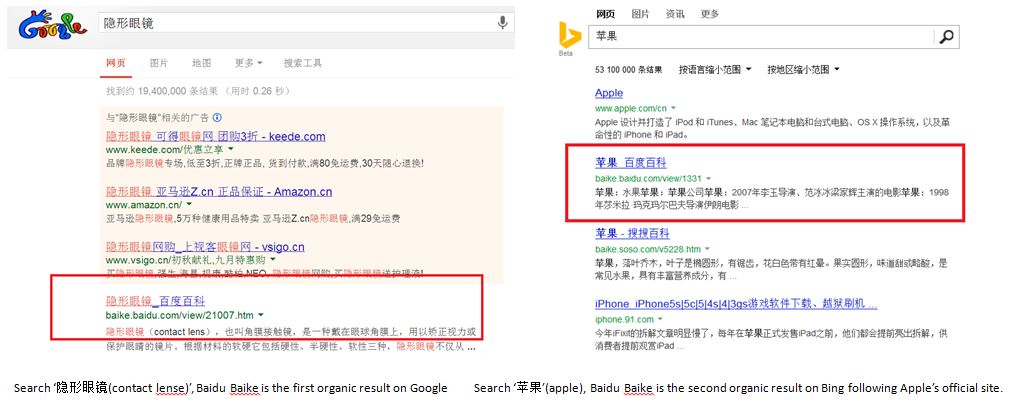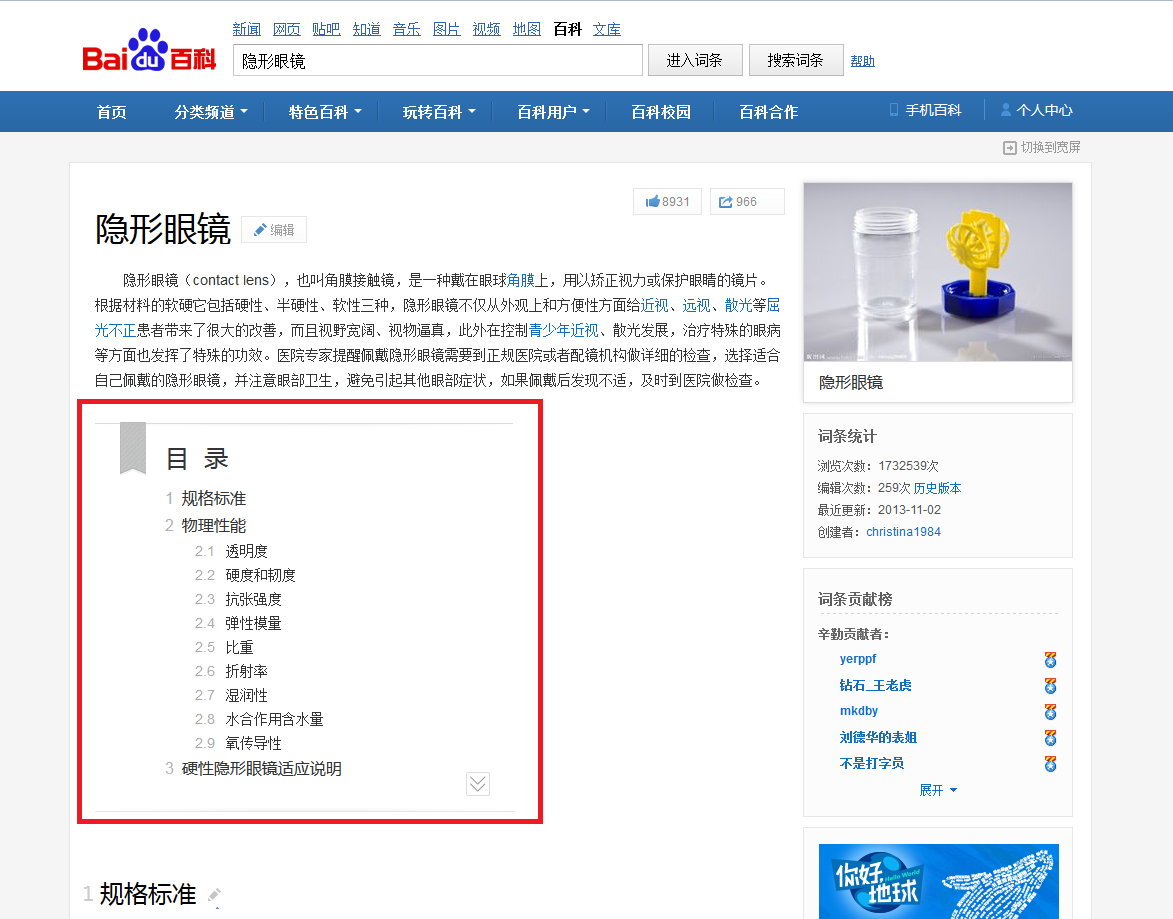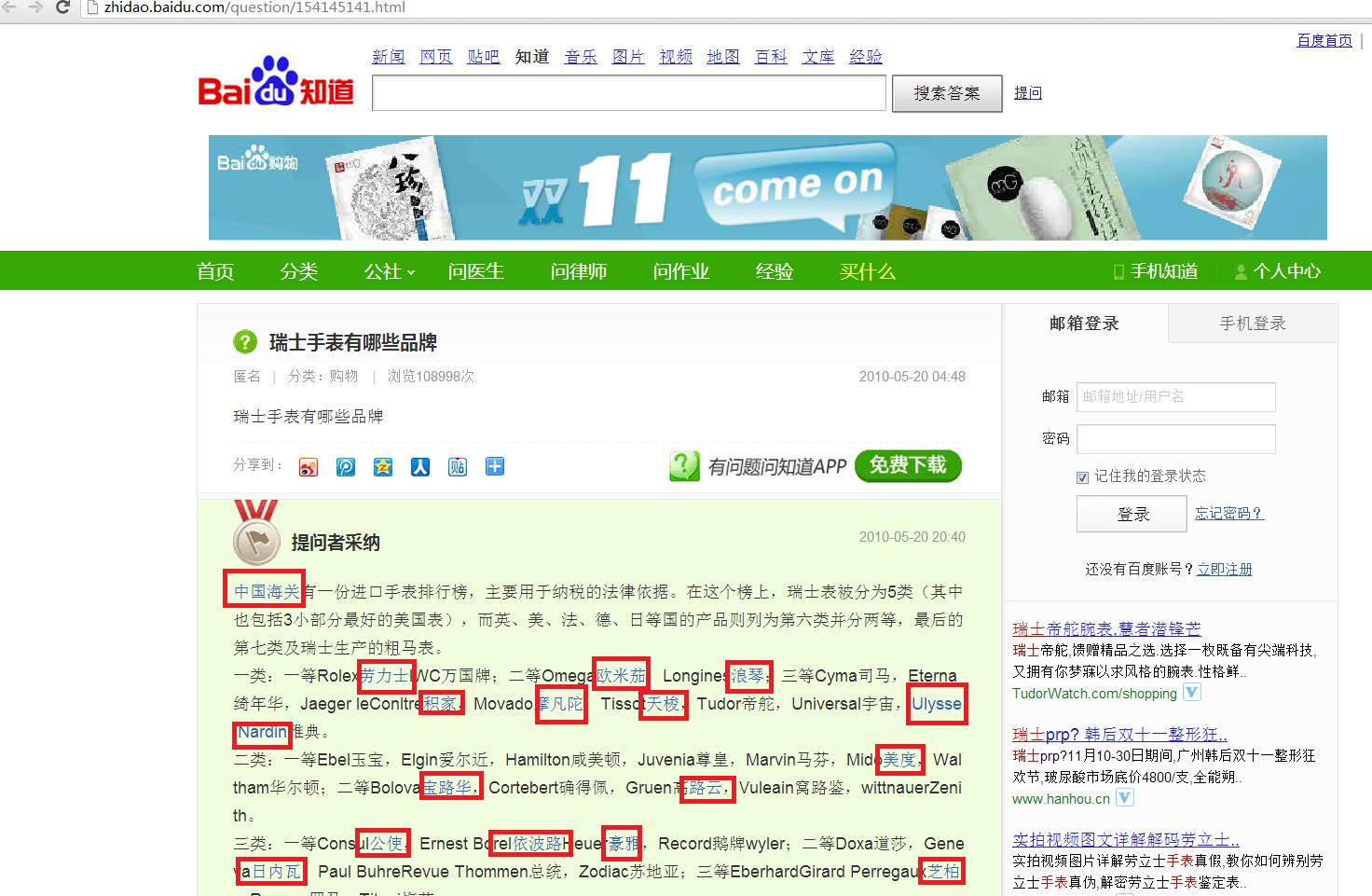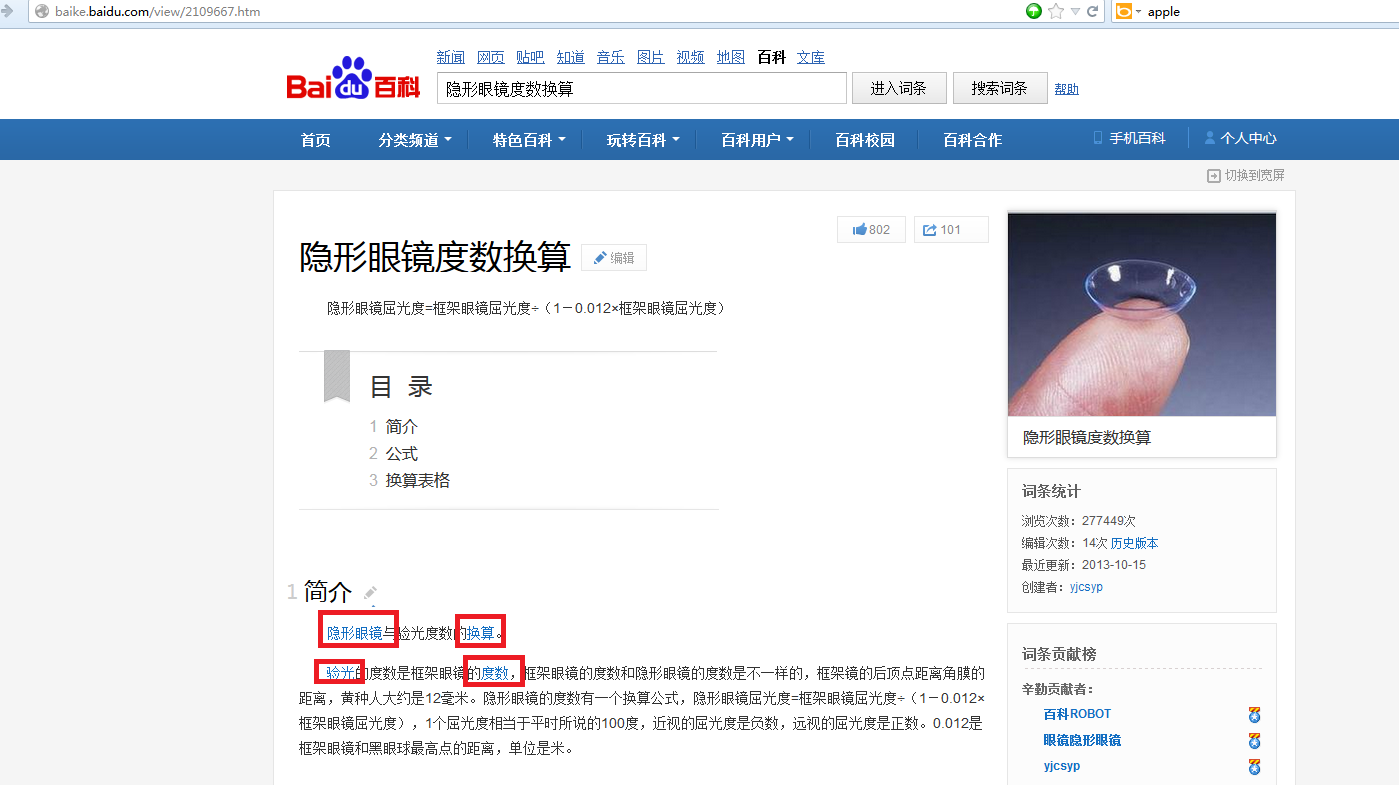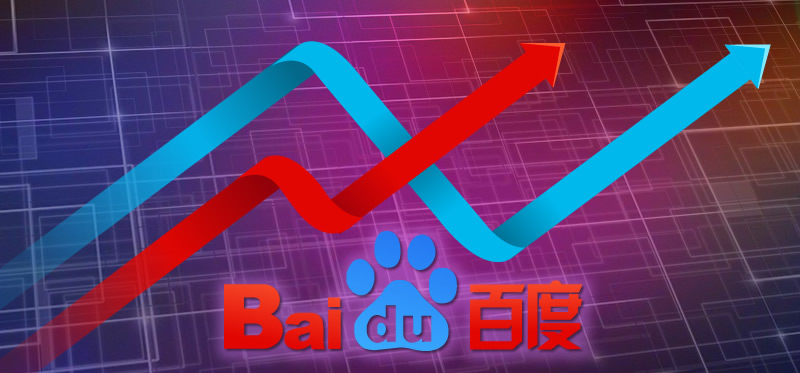
Yes, China’s internet audience is massive. Yes, China has got the potential to catapult your company’s revenues into the stratosphere. Yes, China’s digital market is in many respects already too big to ignore.
China is all that and much more. However, what is often forgotten amid the hype is the fact that the online landscape bears no resemblance to any other market in the world, with local players dominating in search, social and ecommerce. And this significantly heightens the barriers to entry for foreign companies.
Making the most of your Chinese adventure therefore begins and ends with acknowledging and embracing these inherent differences, including when it comes to search. This vertical is highly dynamic and has seen competition dramatically heat up since Qihoo entered the market some 18 months ago. But Baidu – despite being challenged – remains the market leader and continues to offer a vast window of exposure for any company which gets SEO right for the platform.
Two simple ways to improve your prominence in search results on Baidu are by leveraging the Chinese search leader’s tremendously popular products, Baidu Baike (think Wiki) and Baidu Zhidao (Q&A site, think Yahoo! Answers). In fact, listings on these sites also rank well on Google and Bing as shown below, so all the more reason for you to start making them work to your advantage.
Here is what you need to take into consideration when optimising for Baidu Baike and Baidu Zhidao:
Meta tags
- Keep title clear and short.
Both Baidu Baike and Baidu Zhidao use very short titles, with the structure of the title being like this:
<title>topic_website name</title>
- Keep title clear and short.
- Add a few keyword tags
Recently, someone asked us if adding the keyword tag is still recommended for SEO purposes due to claims that it is no longer important and could, in fact, have a negative impact on a page’s ranking. As shown in the screenshots below however, Baidu still makes use of the keyword tag to determine the topic of Baidu Zhidao and Baidu Baike pages. But please note that it is advised to only include the most important keywords, and ideally less than three.
Content
- Add menu for long articles
As on Wikipedia, Baidu Baike makes use of tables of content to organise long-form entries. This improves the user experience and highlights the topic of the page.
- Use headings
Most websites in China surprisingly do not pay much attention to headings. Heck, some of them do not even contain headings or are at least not used correctly. But headings are essential in Baidu Baike and Baidu Zhidao, with H1 being the topic of the page. As a bare minimum, this should be added to each of your pages. h2 and h3 can be used if needed.
- Use headings
- Add internal links
Internal links are heavily used on both Baidu Zhidao and Baidu Baike. That helps improve search engine crawlability as well as highlight your keywords.
Edit/comment section
Finally, Baidu Baike is a publicly editable website, so every time a user edits your page, the content will be updated (the title will remain the same, though). Much in the same vein, every new answer on Baidu Zhidao will be an update of the page.
We suggest that you update your content regularly to keep it fresh, whilst keeping the same keywords and title if possible. Moreover, adding a comment section will also be helpful if applicable to your site.
The little effort required, coupled with the prominent rankings of these sites, should make the creation of Baidu Baike and Baidu Zhidao pages a no-brainer for any company looking to improve their online visibility in China.

